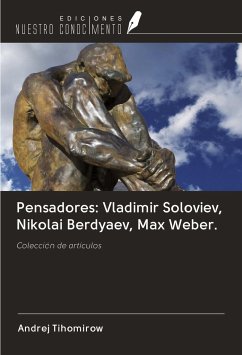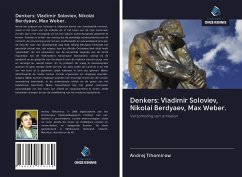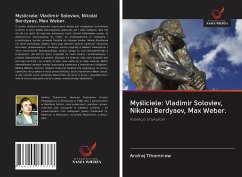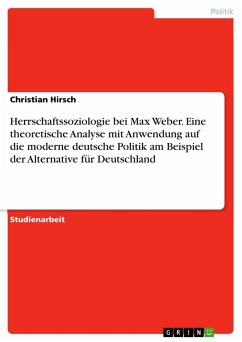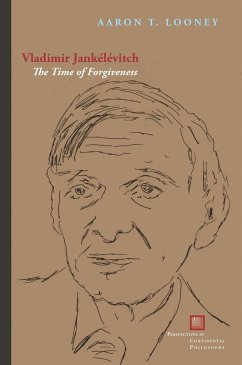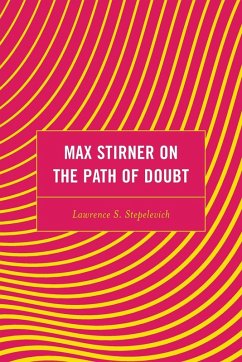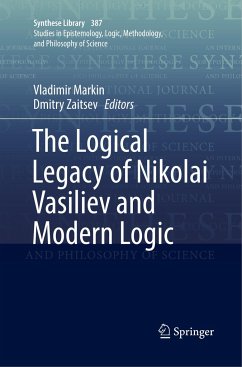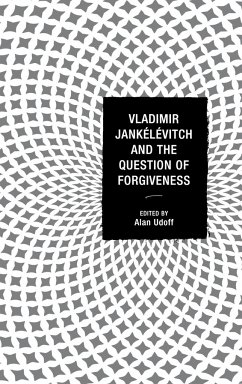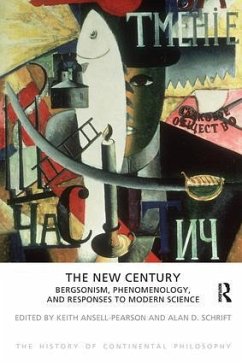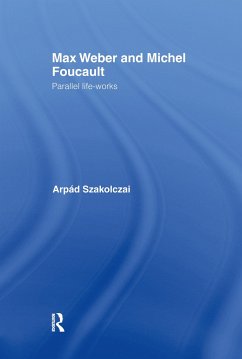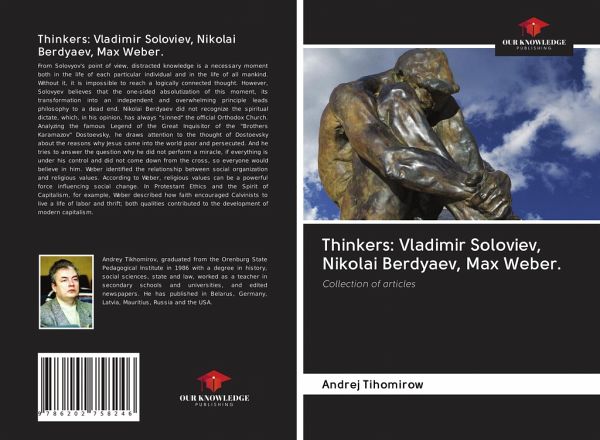
Thinkers: Vladimir Soloviev, Nikolai Berdyaev, Max Weber.
Collection of articles
Versandkostenfrei!
Versandfertig in 1-2 Wochen
18,99 €
inkl. MwSt.

PAYBACK Punkte
9 °P sammeln!
From Solovyov's point of view, distracted knowledge is a necessary moment both in the life of each particular individual and in the life of all mankind. Without it, it is impossible to reach a logically connected thought. However, Solovyev believes that the one-sided absolutization of this moment, its transformation into an independent and overwhelming principle leads philosophy to a dead end. Nikolai Berdyaev did not recognize the spiritual dictate, which, in his opinion, has always "sinned" the official Orthodox Church. Analyzing the famous Legend of the Great Inquisitor of the "Brothers Kar...
From Solovyov's point of view, distracted knowledge is a necessary moment both in the life of each particular individual and in the life of all mankind. Without it, it is impossible to reach a logically connected thought. However, Solovyev believes that the one-sided absolutization of this moment, its transformation into an independent and overwhelming principle leads philosophy to a dead end. Nikolai Berdyaev did not recognize the spiritual dictate, which, in his opinion, has always "sinned" the official Orthodox Church. Analyzing the famous Legend of the Great Inquisitor of the "Brothers Karamazov" Dostoevsky, he draws attention to the thought of Dostoevsky about the reasons why Jesus came into the world poor and persecuted. And he tries to answer the question why he did not perform a miracle, if everything is under his control and did not come down from the cross, so everyone would believe in him. Weber identified the relationship between social organization and religious values. According to Weber, religious values can be a powerful force influencing social change. In Protestant Ethics and the Spirit of Capitalism, for example, Weber described how faith encouraged Calvinists to live a life of labor and thrift; both qualities contributed to the development of modern capitalism.



